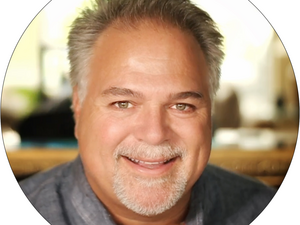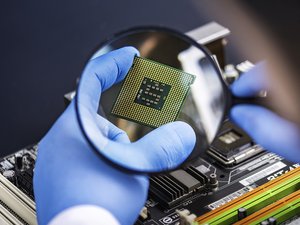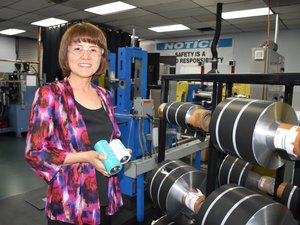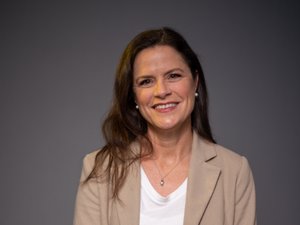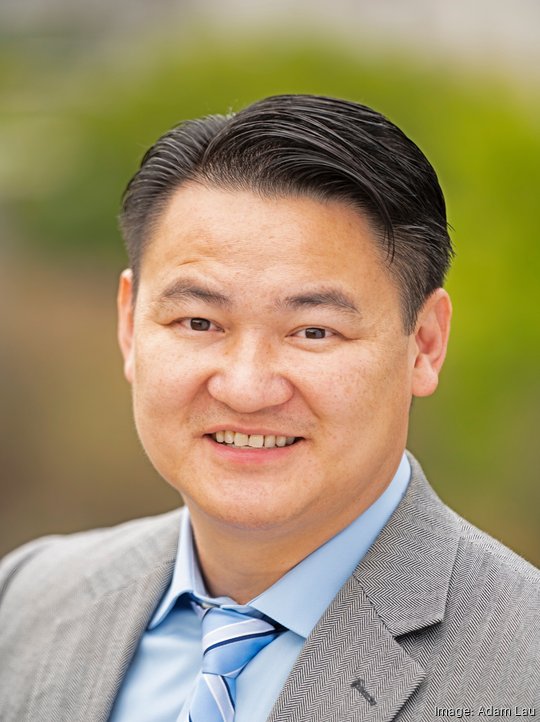
BrainScanology Inc. has released a dementia detection app that can analyze and track a person's cognitive function and then signal if there may be a pending problem.
The company's release is CDT Open, a free app released this month on Apple and Android devices, which analyzes a standard medical clock-drawing test.
"Early detection is critical. You can't stop dementia, but you can take steps to slow it down," said BrainScanology CEO David Nguyen, who is a computational biologist with a doctorate in endocrinology.
The company also released a subscription version of CDT to help identify potential early signs of dementia.
The company is very clear that its app does not and cannot diagnose dementia, but it can detect early warning signs that a person is struggling with planning and reasoning.
The clock-drawing test is a simple method that dates back 100 years to identify traumatic brain injuries in soldiers. People with cognitive decline have difficulty drawing the circle of a clock, along with the numbers and doing it all in a spatially correct manner. They also don't realize that they aren't doing it correctly, Nguyen said.
There are many reasons a person has problems with a clock-drawing test, including a bump on the head or even the effects of a urinary tract infection. What CDT Open brings to the effort is ongoing and monthly testing that can detect and measure small changes over time using artificial intelligence and software.
The company uses its shape algorithm to analyze and objectively score whether clocks are in a normal or abnormal range over time.
Currently, potential dementia is often diagnosed with verbal reasoning and verbal memory tests, but those tests are not helpful for non-native speakers, and they are often not objective, Nguyen said.
"The clock test is language agnostic," he said.
The company was founded in 2019, and it is still working remotely, but it plans to open an office in Sacramento this year.
The company has four full-time employees and several contract software developers. It has raised about $1 million to get where it is, and it is planning to raise Small Business Innovation Research grants for its patented technology, Nguyen said. The company wants to show steadily growing revenue over the next three quarters before it seeks about $3 million in venture capital investment. The company doesn't release revenue, he said.
BrainScanology's first product release was Shape Genie, a shape-analysis software for use in medicine and biology to analyze radiological, microscopy and other types of images in medicine and biology. It requires Food and Drug Administration approvals, but it is now being used in research medical schools.
Nguyen says that in biochemistry, structure is function, so he developed his algorithm that measures shape, rather than area and volume, in medical imaging. That same algorithm is part of CDT Open, he said.
BrainScanology was one of the 10 finalists in Sacramento last year in the Startup World Cup.
